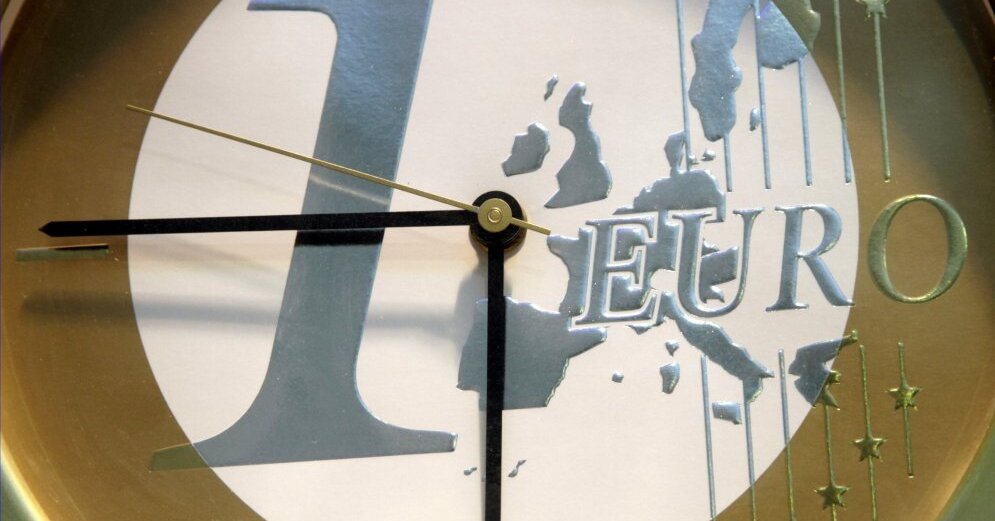Lauren Nephew was surprised by himself. She had expected that she would look forward to the first dose of vaccine against the coronavirus. As a medical doctor, the gastroenterologist from Indianapolis came earlier than many other Americans. Suddenly there were doubts, says Nephew – despite ten years of medical training, despite a career as a professor at Indiana University.
“I’m a doctor, but I’m also a black woman,” says Nephew. And like many African American women, she has had negative experiences with the health system. She knows the history of black abuse in this system.
At first, Nephew didn’t want to talk to her colleagues about their concerns about vaccination – but then she discovered that black colleagues felt the same way. “Is the vaccination really good for us? Was it developed by people who had our wellbeing in mind? ”This is how Nephew describes the questions that went through her head.
The doctor is not alone in this. Many black Americans are skeptical when it comes to vaccinating against the coronavirus – but not because they believe in conspiracy myths. In December, when polled by the Kaiser Family Foundation, more than a third of blacks said they would not be vaccinated.
According to the American Disease Control Agency, the discrepancy in actual vaccination numbers is even more pronounced. According to this, the proportion of blacks among all those vaccinated by January was 5.4 percent, the proportion of whites was more than 60 percent. African Americans make up around 13 percent of the population, whites without Latin American origins make up 62 percent. According to many experts, the vaccination gap indicates that skepticism cannot be the only reason. It also plays a role that black people find it difficult to get vaccinations in many places.
Try on black people
Authorities responded to the numbers by looking for better ways to target different people and populations. But what became clear in the group surveys cannot be easily removed. Afro-Americans in particular distrust the health care system very fundamentally, beyond corona and vaccination. To understand where this is coming from, one has to look into the past.
For example, there is the Tuskegee syphilis experiment that began in 1932 and didn’t end until 1972. The Public Health Service and the Department of Disease Control and Prevention were recruiting 600 African American men from Macon County, Alabama. The majority of them, 399, had syphilis. The doctors told them that they would get free medication and that they would be treated for the sexually transmitted disease. The men came from poor backgrounds and worked in the fields for a meager part of the harvest. The real aim of the study wasn’t to help them, but rather to research the effects of untreated syphilis. The men were therefore deliberately discouraged from seeing other doctors and receiving treatment.
– .

